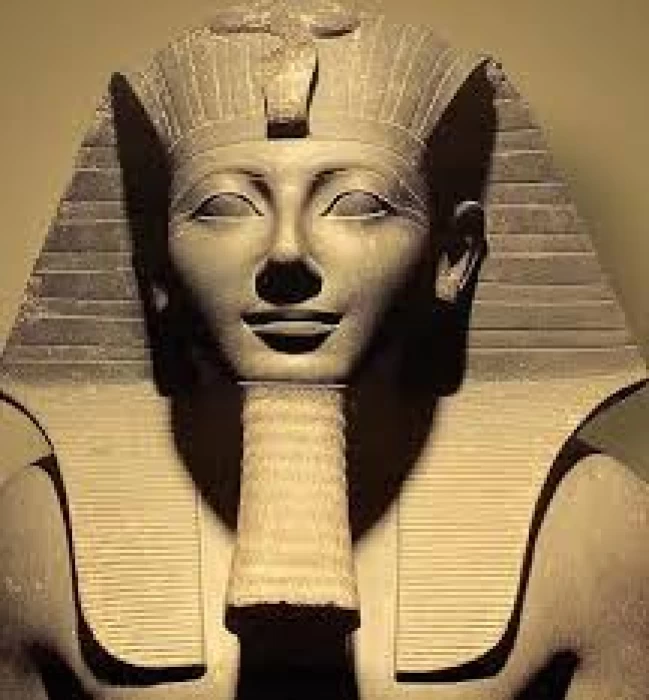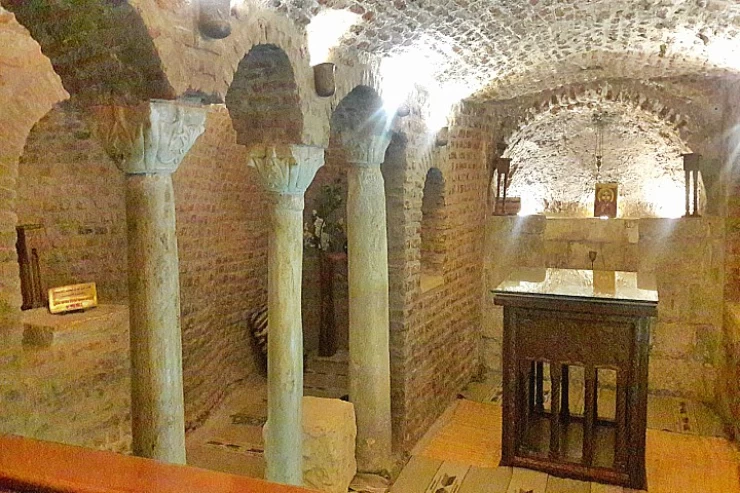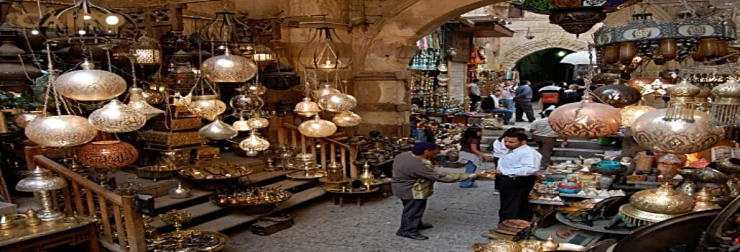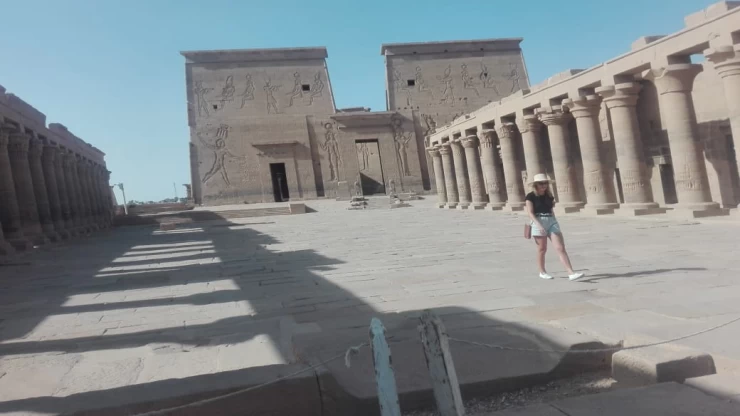
King Thutmose III | King Thutmose III
He was the founder of the modern Egyptian empire, and his empire lasted until about 1070 BC until the reign of King Ramses XI. Thutmose III is known as the father of empires because he is considered one of the genius military mentalities throughout the ages.
In addition, he was the first to divide the forces of the army into a center and wing his military plans so that his military plans were studied in many military colleges and institutes worldwide. many of his plans in the battles were used by the British Empire, especially in its battles against the Ottomans during the First World War. You can see the great temple of Thutmose III during Egypt Classic Tours and enjoy learning more about Modern Egypt.
Furthermore, the existence of Queen Hatshepsut left Thutmose III in the shadows for a long time until Hatshepsut exited from the political scene in Egypt. The legendary personality and mentality of King Thutmose III was the reason for Egypt's military glory written in letters of light and honor in all the world's military academies. Hatshepsut was a very honored queen by the Egyptians, she has a magnificent temple of Hatshepsut in Luxor city that you can visit through one of Egypt Nile cruise Tours in an exciting experience.
Thutmose III’s coronation as King of Egypt scene is engraved on the walls of the Karnak Temple reflecting a great ceremony, Karnak temple is one of the most visited destinations in Luxor day tours and Egypt Christmas tours where you can see miraculous temple displaying massive era of great Egyptian history.
Thutmose is an anglicized form of the ancient Egyptian name dhwty-ms, meaning "Born of the god Thoth." Variations include Thutmoses, Tuthmose, Thothmes, Tuthmosis, Thutmes, Dhutmose, Djhutmose, and Djehutymes.
During the splendid twenty-year reign of Hatshepsut, King Thutmosis III devoted himself to military affairs as a co-agent after the death of his father Thutmosis II, without any apparent disagreement with his stepmother. For this reason, it was difficult to understand the reasons that subsequently led him to erase the memory of the queen. Perhaps, he resembled Hatshepsut in the desire to give maximum prominence to his businesses.
Tutmosis III is generally considered one of the greatest leaders and strategists of Egyptian history "the Egyptian Napoleon". During his long reign, he conducted countless military campaigns from Syria, to the Euphrates, to Nubia. his construction activity is remarkable as well. Some inscriptions praise their extraordinary physical strength, he was capable of hitting a metal target with a bow, often a palm, and passing it from side to side. At the end of his 54-year reign, he was succeeded by his son Amenophis II.
His tomb is beautiful, dug in a very deep and inaccessible gorge (and therefore not very frequently visited by tourists visiting the Valley of the Kings). The tomb is signed kv34 and is in an excellent state of conservation. The plan of the tomb is in the shape of a cartouche, probably a tribute to the god Thoth to whom our pharaoh took its name.
The temple with the so-called festival hall of Karnak where in addition to the famous Chamber of Ancestors we find the one called the Botanical Garden where the animal and vegetable species that the king had brought from Syria are represented and listed. Unfortunately, like most of his predecessors, he made use of pre-existing material for new buildings and used it to erase any signs of the hated Queen Hatshepsut.


















